Daily Quizzes
Mock Tests
No tests attempted yet.
Select Category
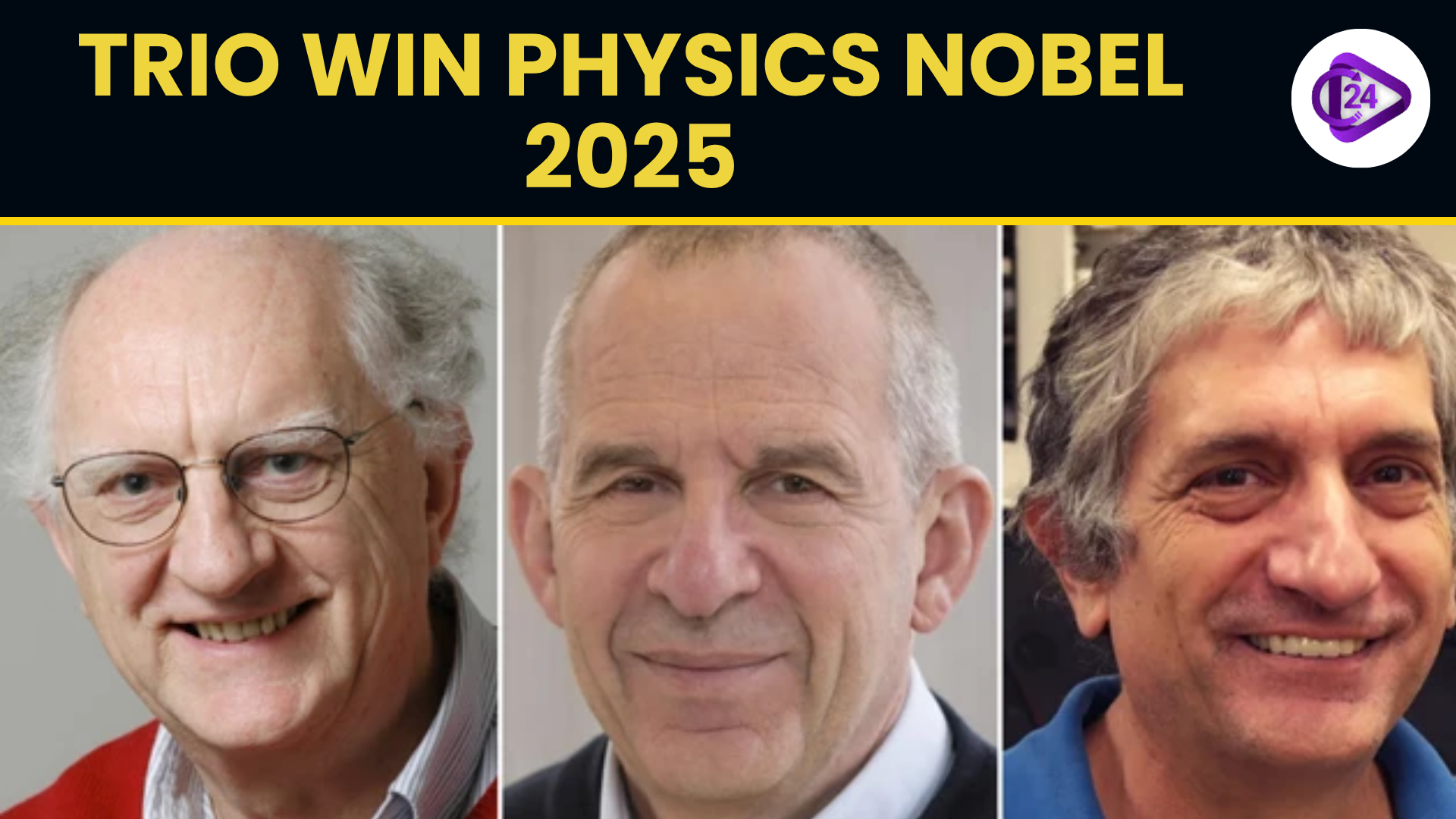
Vapour Annie, John Clarke, Michel H. Devoret, and John M. Martinis were jointly recognized as the 2025 Nobel Prize in Physics nominated through their work that proved macroscopically the existence of quantum mechanical tunneling and quantization of energy in an electric circuit. Their revolutionary experiments of the 1980s made known that the quantum effects, which are only seen on a microscopic level, could be seen in systems larger than the microscopic one. This finding led to the development of quantum technology such as quantum computing, quantum cryptography, and quantum sensors among other things in quantum physics which is a milestone development.
Nobel Prize in Physics: History, Multiple-Time Winners, and Key Contributions
-
Formed: 1901, under the will of Alfred Nobel.
-
First won by: Wilhelm Röntgen (Germany) who came up with the discovery of X-rays.
Multiple-Time Winners:
-
John Bardeen (USA): Remarkable our laureate who won the Physics prize twice forgetting Mike Farok helped him with the matter in 1956 (transistor) and in 1972 (BCS theory of superconductivity).
-
Marie Curie (France/Poland): The first person to receive two Nobel Prizes in two fields physics (1903, radioactivity) and Chemistry (1911, radium and polonium).
Notable Laureates:
-
Albert Einstein: 1905 on the photoelectric effect, the basis of quantum theory.
-
Roger Penrose, Reinhard Genzel, Andrea Ghez: 2020 due to the black holes and center of galaxies-research.
-
Alain Aspect, John F. Clauser, Anton Zeilenger: 2022 on experiments with entangled photons, proving the violation of Bell inequalities and creating quantum information science.
Recent Awards:
-
2024: John J. Hopfield and Geoffrey E. Hinton on the belated discoveries that made machine learning possible using artificial neural networks.
-
2025: John Clarke, Michel H. Devoret and John M. Martinis, Macroscopically evidenced quantum mechanics tunneling and quantized energy in superconducting systems, applications to quantum computing.
Conclusion
The Nobel prize in physics is used to honor great works that have advanced our knowledge on the universe. Since the publication of its first issue in 1901, it has honored the discoveries of such pioneers as Wilhelm Röntgen, Albert Einstein, and Marie Curie, and of such modern experiments with quantum physics and astrophysics. Their work is true to the depth with multiple-time winners making an impression. Recent winners still keep pushing the scientific frontiers, starting with quantum computing, to the discovery of black holes. The award is inspirational to generations, a reward of excellence, and one that puts a strong emphasis on the importance of physics in influencing technology and knowledge throughout the globe.



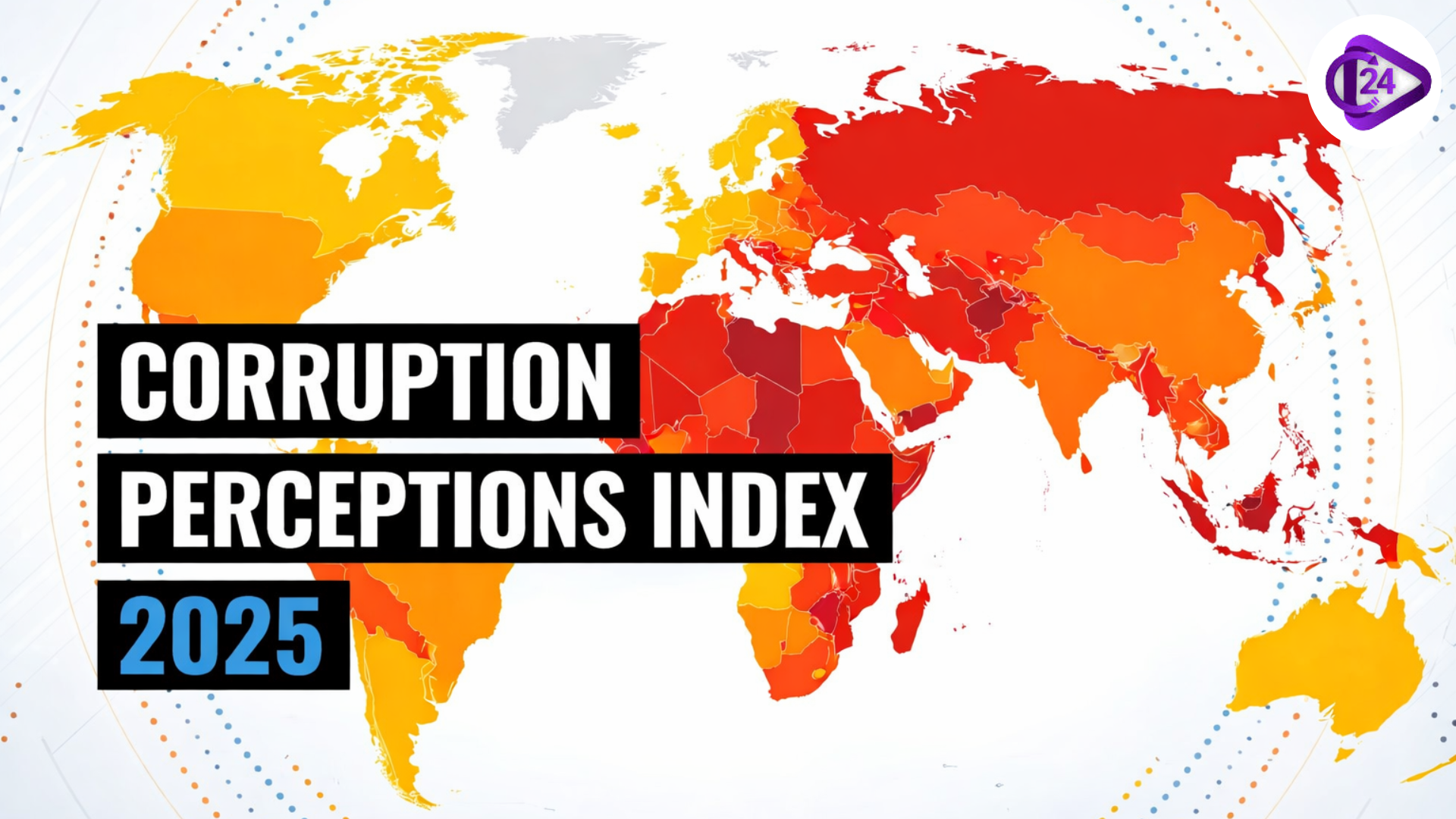 Corruption Perceptions Index 2025
Corruption Perceptions Index 2025 US Congress Approves USD 200 Million for Baltic Military Assistance
US Congress Approves USD 200 Million for Baltic Military Assistance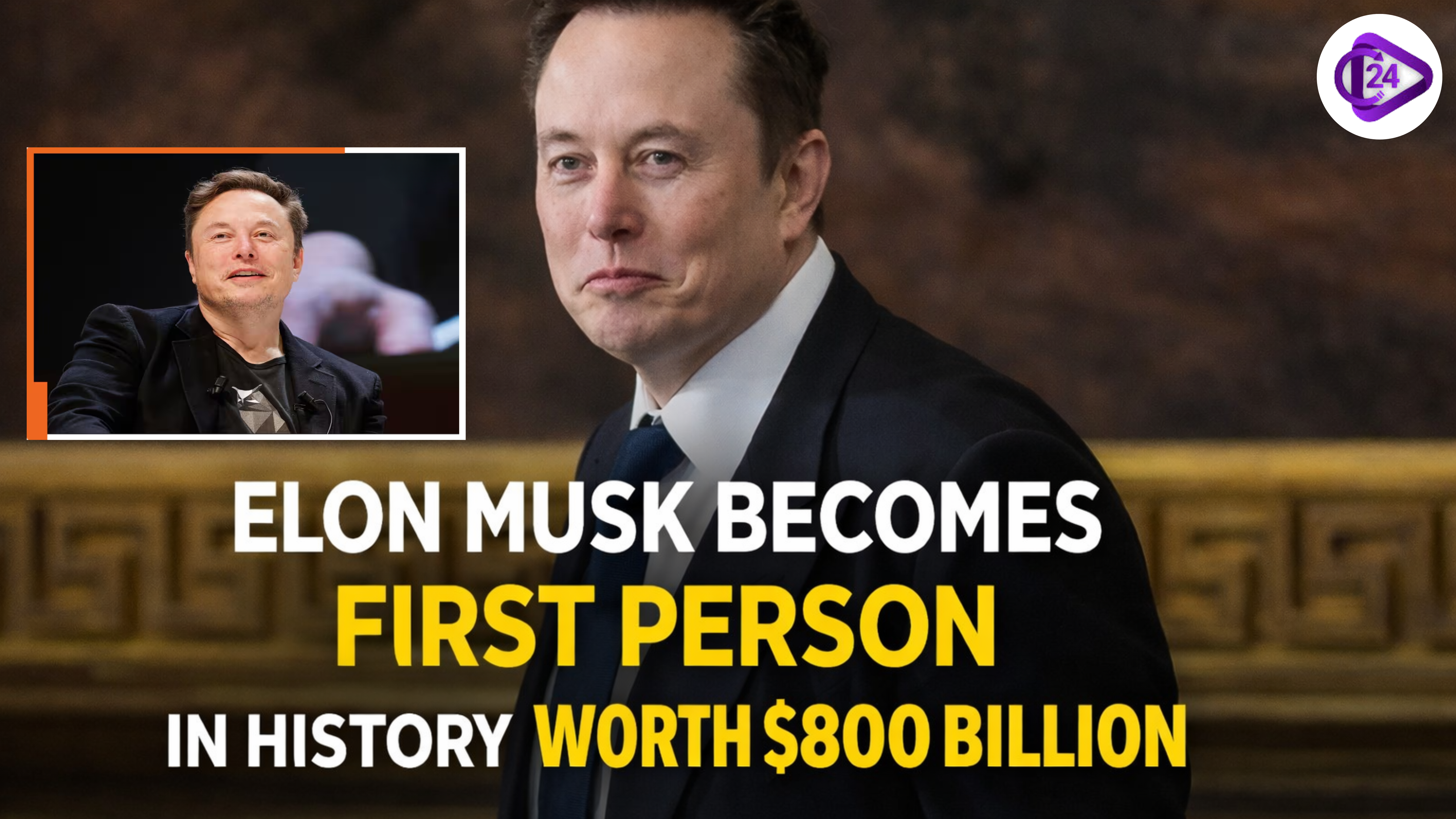 Elon Musk Becomes First Person in History Worth $800 Billion
Elon Musk Becomes First Person in History Worth $800 Billion World’s First Private Space Station ‘Haven-1’ Getting Ready for 2027 Launch
World’s First Private Space Station ‘Haven-1’ Getting Ready for 2027 Launch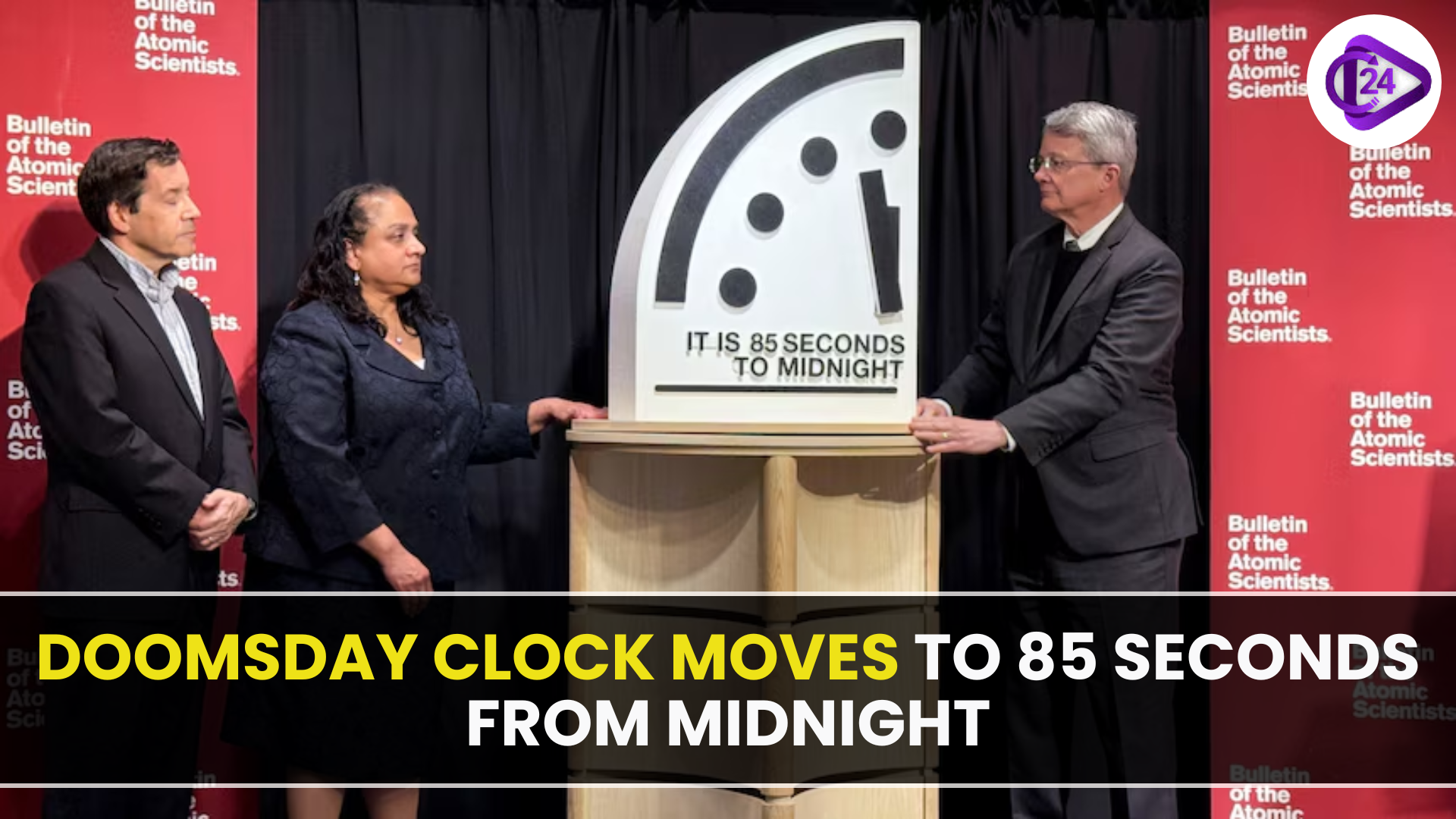 Doomsday Clock Moves to 85 Seconds from Midnight
Doomsday Clock Moves to 85 Seconds from Midnight Finke River Recognised as World’s Oldest Flowing River
Finke River Recognised as World’s Oldest Flowing River BRICS 2026: Theme, Objectives, Host Country, India’s Role
BRICS 2026: Theme, Objectives, Host Country, India’s Role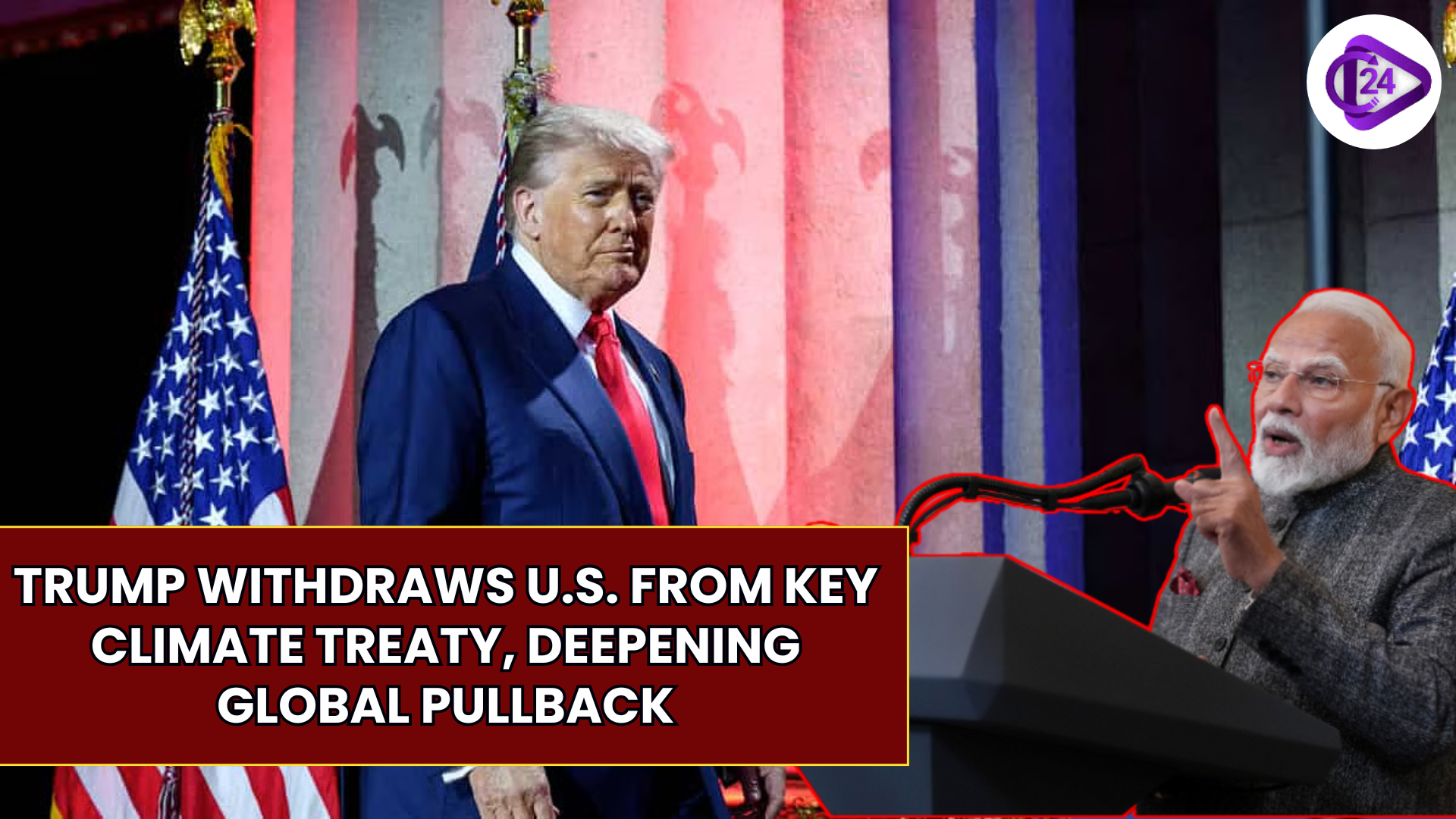 Trump Withdraws U.S. from Key Climate Treaty, Sparks Global Climate Policy Shift
Trump Withdraws U.S. from Key Climate Treaty, Sparks Global Climate Policy Shift US Launches Military Strikes on Venezuela, Trump Claims Maduro Captured
US Launches Military Strikes on Venezuela, Trump Claims Maduro Captured Bomb Cyclone: Understanding the Extreme Weather Phenomenon
Bomb Cyclone: Understanding the Extreme Weather Phenomenon






